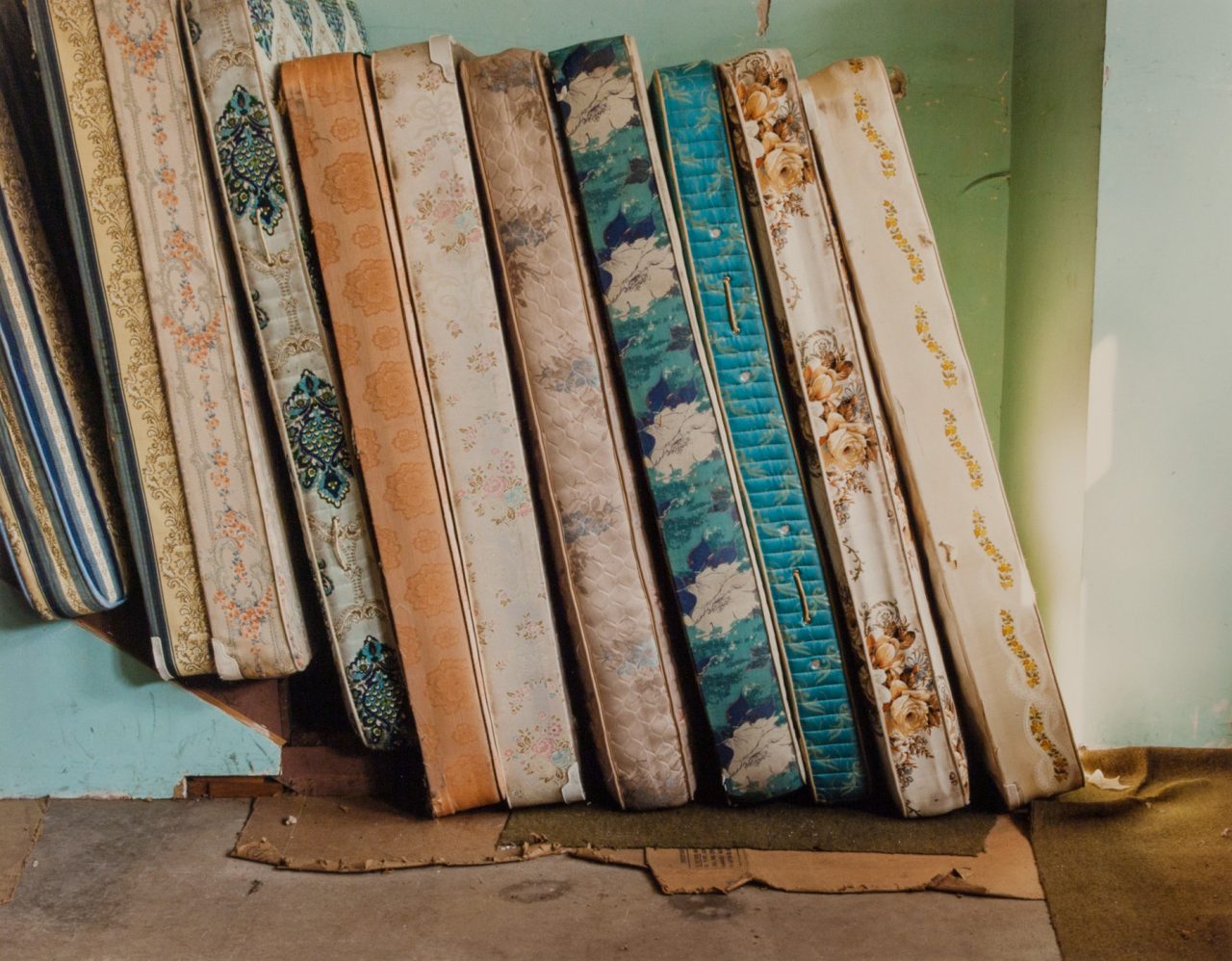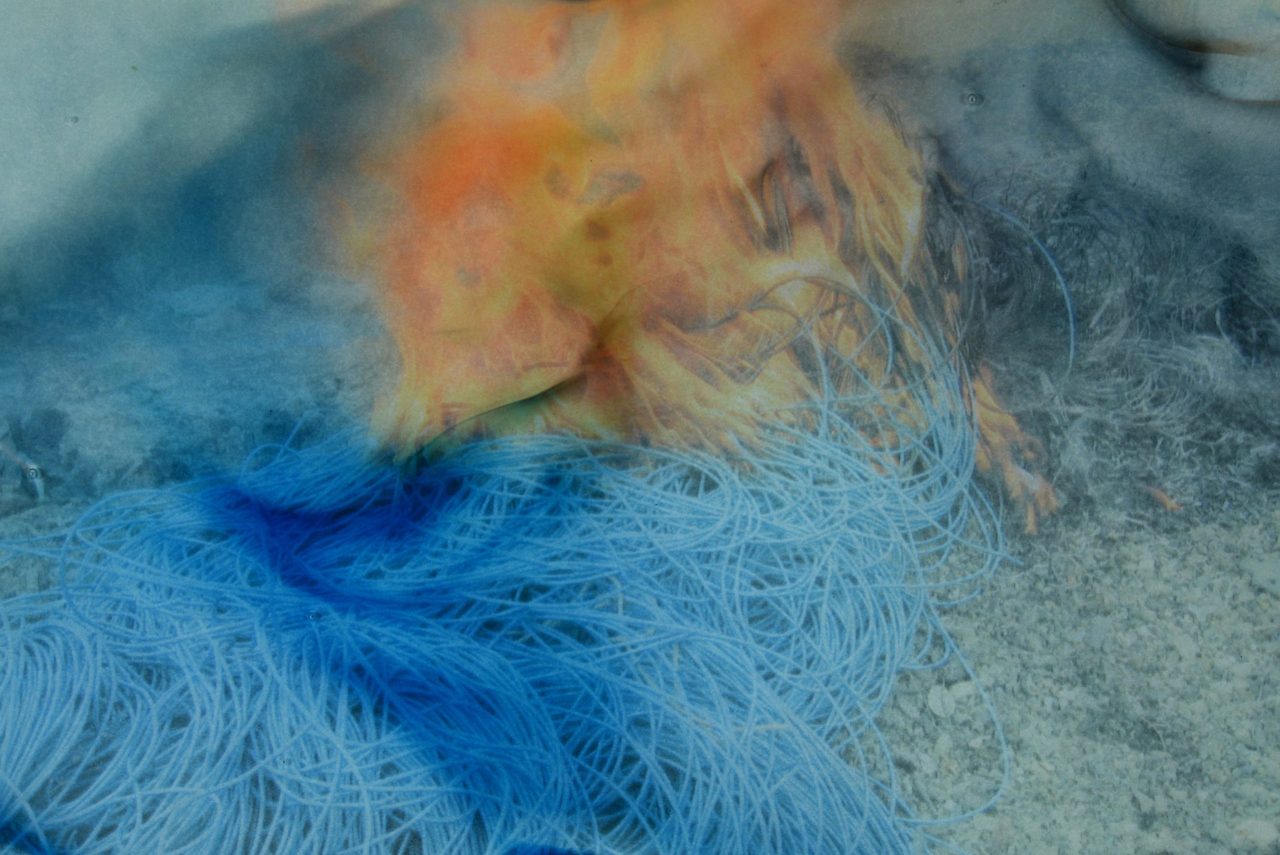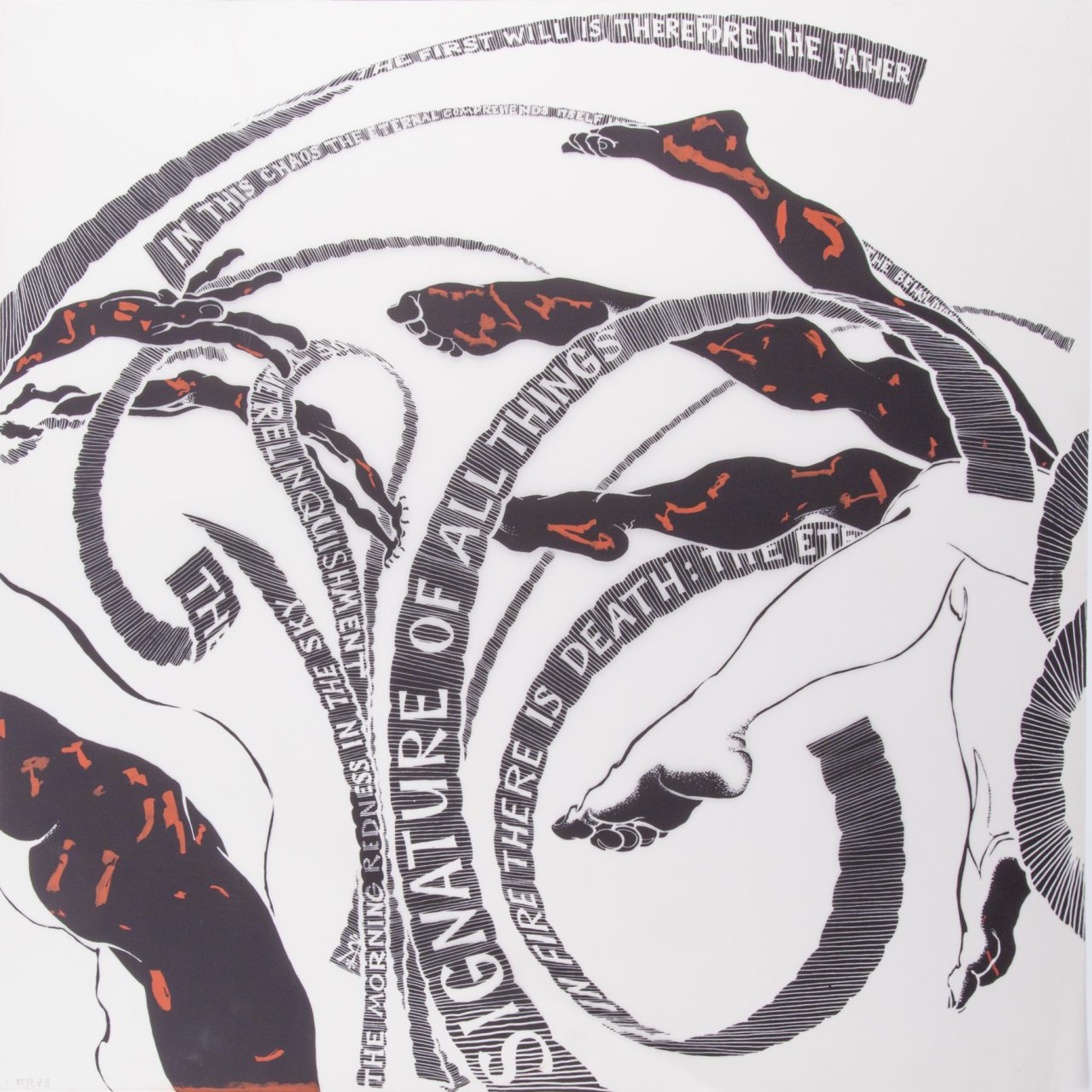Thursday, 14 Nov 2024 at 6 pm
The Norm Theatre, UBC Life Building, Room 130, 6138 Student Union Boulevard
Film Screening: Fresh Kill and Crimes of The Future
-
Shu Lea Cheang
Shu Lea Cheang is an artist and filmmaker who engages in genre bending gender hacking art practices. She drafts sci-fi narratives in film scenario and artwork imagination. She builds social interface with transgressive plots and open network that permits public participation. Celebrated as a net art pioneer with BRANDON (1998 – 1999), the first web art commissioned and collected by Guggenheim Museum, New York, Cheang represented Taiwan with mixed media installation, 3x3x6, at Venice Biennale 2019. Crafting her own genre of Scifi New Queer Cinema, she has made 4 feature films, FRESH KILL(1994), I.K.U. (2000), FLUIDø (2017) and UKI (2023). In 2024, she receives the LG Guggenheim Art and Technology Award. She is currently at work for two major shows in 2025 – HAGAY DREAMING, a theatre performance for Tate Modern and a survey show at Haus der Kunst in Munich.
Read More
-
Weiyi Chang
Weiyi Chang is a writer and curator based in Toronto. Currently the 2023-24 Writer-in-Residence at Gallery 44, Chang’s research centres around the nexus between the cultural, social, economic, and political forces that sanction ecological violence, including climate change and biodiversity loss. Her writing has been widely published and she has curated projects in Canada, Germany, and the United States. Chang was a 2019-20 Helena Rubinstein Curatorial Fellow at the Whitney Museum of American Art’s Independent Study Program. She holds a MA in Critical and Curatorial Studies from the University of British Columbia.
Read More
In collaboration with the UBC Film Society, please join us for a screening of Shu Lea Cheang’s Fresh Kill (1994) and David Cronenberg’s Crimes of the Future (2022). This double bill is free for all!
Presented alongside the exhibition, An Opulence of Squander and currently on view at the Morris and Helen Belkin Art Gallery until December 8, 2024, this screening series brings together films that explore the devastation of environmental decay and its effect on bodies, families, communities and societies. Together, both films critique notions of excess, waste and the toxic repercussions of unfettered growth.
Fresh Kill (1994, 35 mm) is an eco-cybernoia that envisions a post-apocalyptic landscape strewn with electronic detritus and suffering the toxic repercussions of mass marketing in a high-tech commodity culture. Fresh Kill tells the story of two young lesbian parents caught up in a global exchange of industrial waste via contaminated sushi. Raw fish lips are all the rage on trendy menus across Manhattan. A ghost barge, bearing nuclear refuse, circles the planet in search of a willing port. Household pets start to glow ominously and then disappear altogether. The sky opens up and snows soap flakes. People start speaking in dangerous tongues. A riveting and densely packed film, Fresh Kill evokes the furious rhythms of channel surfing with its rapid-fire editing style.
Crimes of the Future (2022) is a futuristic body horror that envisions the consequences of our synthetic environment on human evolution. With his partner Caprice, Saul Tenser is a celebrity performance artist who publicly showcases the metamorphosis of his organs in avant-garde performances supported by high-tech devices manufactured by the mysterious LifeFormWave company. Facing unprecedented pressure from an increasingly toxic environment, Tenser’s body is undergoing rapid evolutionary change that threatens to upend social, political and economic structures. His evolution draws the attention of staff at the National Organ Registry, a government agency charged with tracking and monitoring human evolution, as well as a mysterious underground group that aims to accelerate human development.
Crimes of the Future will begin at 6 pm, followed by Fresh Kill at 8 pm.
This program is co-presented by the Belkin and UBC Film Society.
Watch the Fresh Kill trailer
Watch the Crimes of the Future trailer
-
Shu Lea Cheang
Shu Lea Cheang is an artist and filmmaker who engages in genre bending gender hacking art practices. She drafts sci-fi narratives in film scenario and artwork imagination. She builds social interface with transgressive plots and open network that permits public participation. Celebrated as a net art pioneer with BRANDON (1998 – 1999), the first web art commissioned and collected by Guggenheim Museum, New York, Cheang represented Taiwan with mixed media installation, 3x3x6, at Venice Biennale 2019. Crafting her own genre of Scifi New Queer Cinema, she has made 4 feature films, FRESH KILL(1994), I.K.U. (2000), FLUIDø (2017) and UKI (2023). In 2024, she receives the LG Guggenheim Art and Technology Award. She is currently at work for two major shows in 2025 – HAGAY DREAMING, a theatre performance for Tate Modern and a survey show at Haus der Kunst in Munich.
Read More
-
Weiyi Chang
Weiyi Chang is a writer and curator based in Toronto. Currently the 2023-24 Writer-in-Residence at Gallery 44, Chang’s research centres around the nexus between the cultural, social, economic, and political forces that sanction ecological violence, including climate change and biodiversity loss. Her writing has been widely published and she has curated projects in Canada, Germany, and the United States. Chang was a 2019-20 Helena Rubinstein Curatorial Fellow at the Whitney Museum of American Art’s Independent Study Program. She holds a MA in Critical and Curatorial Studies from the University of British Columbia.
Read More
Related
-
Exhibition
3 Sep – 8 Dec 2024
An Opulence of Squander

Weiyi Chang's curatorial research into ecological methodologies in contemporary art inform her exhibition An Opulence of Squander. The group exhibition features artworks from the Belkin's collection and beyond that critique the imperative for growth at all costs, growth that has contributed to our collective ecological and social conundrum.
[more] -
News
21 Aug 2024
Reading Room: An Opulence of Squander

Curated by Weiyi Chang, An Opulence of Squander brings together works from the Belkin’s collection and archive with artists that consider concepts of surplus and excess to question the dual ascription of artistic work as a form of both luxury and waste. This reading room offers resources relating to the themes and artists present in this exhibition.
[more] -
Exhibition
3 Sep – 8 Dec 2024
That Directionless Light of the Future: Rediscovering Russell FitzGerald

Jon Davies's work as a writer and curator is grounded in contemporary art, cinema and queer studies. His exhibition That Directionless Light of the Future features rarely seen works by American artist and writer Russell FitzGerald (1932-78) and his contemporaries, largely from the Bay Area, to explore how secret and subcultural knowledge complicates archiving and transmission.
[more] -
Event
Tuesday, 10 Sept 2024 at 12:30 pm with Soft Turns
Tuesday, 8 Oct 2024 at 12:30 pm with Lisa Myers
Tuesday, 5 Nov 2024 at 12:30 pm with Camille Georgeson-Usher
Conversation Series: Of Other Earths

Join us for an online monthly three-part conversation series hosted by curator Weiyi Chang. In each session she will engage an artist or scholar about their work in the context of one of the provocations running through the exhibition An Opulence of Squander.
[more] -
Exhibition
3 Sep – 8 Dec 2024
Koerner Library: Kelly Wood

Kelly Wood's Half Empty Bag and White Garbage (both 1997) are part of the exhibition An Opulence of Squander curated by Weiyi Chang at the Belkin, which considers our collective responsibilities as caretakers of artworks and as shapers of reconsidered and increasingly urgent narratives; more of Kelly Wood's work can be seen here.
[more] -
Exhibition
3 Sep – 8 Dec 2024
Outdoor Screen: Soft Turns

As part of the exhibition An Opulence of Squander, Soft Turns' ematerial (2019) plays on the Outdoor Screen from 9 am to 9 pm daily.
[more] -
Exhibition
21 March 2003 – 11 May 2003
Kelly Wood: Continuous Garbage Project 1998-2003
The exhibition of Kelly Wood’s The Continuous Garbage Project marks the completion of a long project. For five years, since Vancouver’s garbage workers’ strike in spring 1998 and concluding the week before the opening of this exhibition in 2003, Wood photographed her own garbage. The waste from Wood’s Vancouver home was neatly packaged and photographed against a studio backdrop, while the waste documented on her travels shows the objects wrapped or unwrapped in their immediate surroundings.
[more] -
Event
Friday, 22 Nov 2024 at 3 pm
Symposium: Difficult Kinship

Join us for an afternoon symposium responding to That Directionless Light of the Future: Rediscovering Russell FitzGerald, an exhibition which grapples with a difficult and overlooked figure, exploring how the most idiosyncratic artists can crack open familiar historical narratives.
[more]